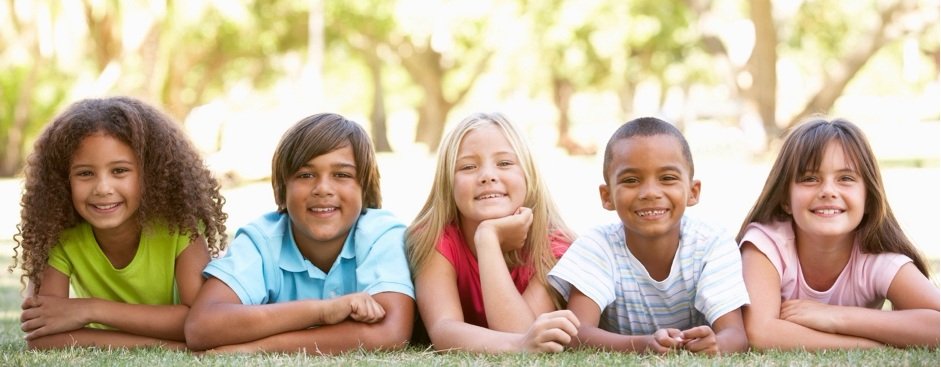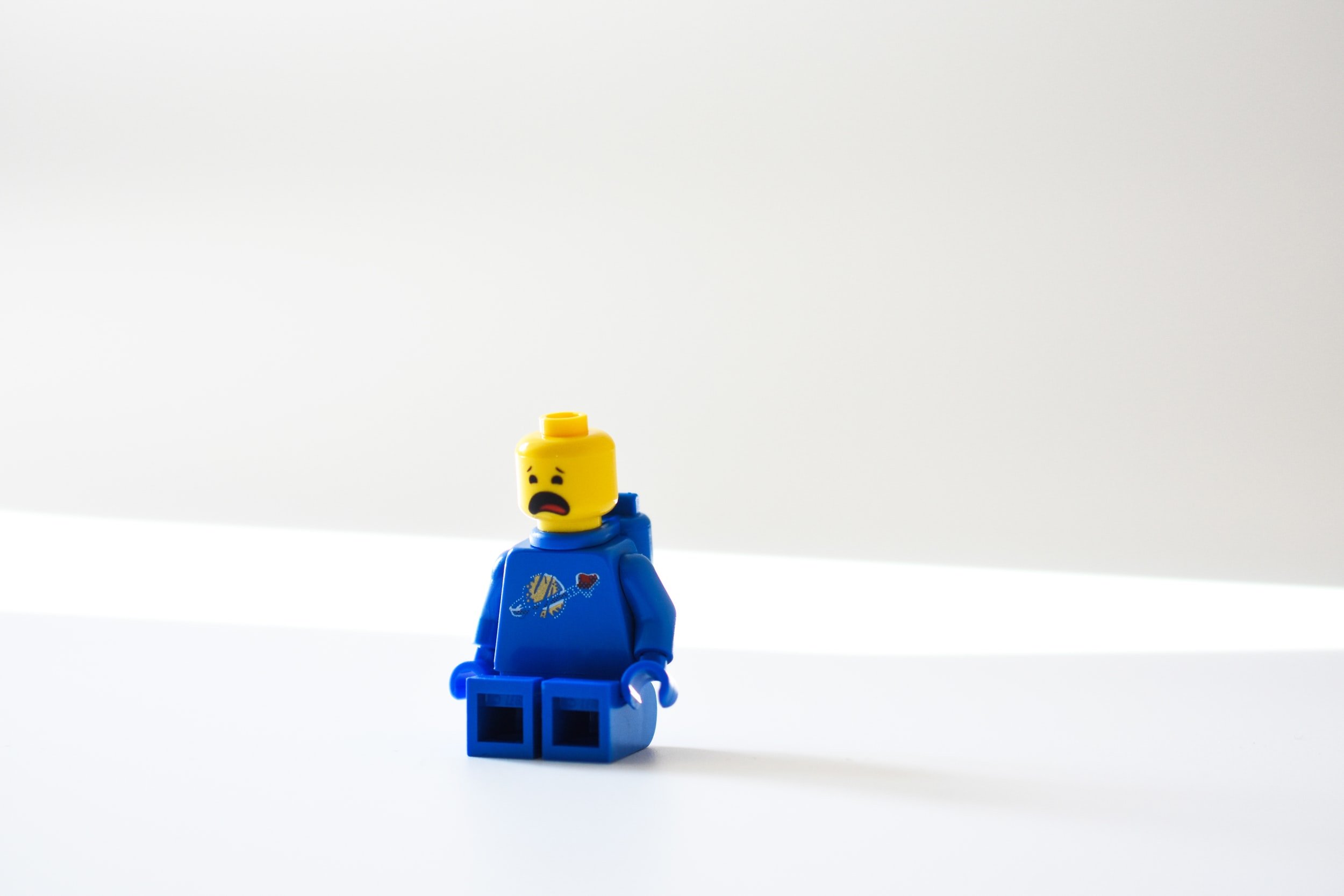
blog
Generating Positive Experiences for children
The subjective valence of childhood experience has implications not only ‘in the moment’ but throughout children’s ongoing development. When children view their everyday experiences to be largely positive, they are likely to see the world as a safe place and to develop good relationships with those around them. Their growing history of positive experiences allows them to be optimistic about their lives ahead.
Supporting Children’s Sense of Meaning: Identity, self-narratives, hope, optimism, direction and contribution.
Meaning, along with Sense of Safety, is an indicator of well-being. It is the driver of children’s lives, helping them to engage in constructive activity and connect successfully with others.
Children’s sense of meaning
Safety is the driver of life’s activity; meaning is the navigator.
Book overview: 7 Dimensions of Children’s Emotional Well-being
A book overview of 7 Dimensions of Children’s Emotional Well-being, by Dr. Jean Annan, 2022.
Making collegial conversations count
E-LAC is a portable set of prompts for collegial conversations. It serves to free our minds from the clutter outside of the task at hand, allowing us to access and exchange our professional knowledge ‘in the moment’.
7 Ways to Notice What is Positive
Noticing what is good with the world and positive in our lives is critical to our mental health and physical well-being.
Why Do Our Brains Make Us Feel Anxious?
When our brains detect danger, they initiate a ‘stress response’. This response makes us feel scared and anxious.
What is positive psychology?
Positive psychology centres on what is good. This does not mean that this field of psychology ignores or trivialises any problems we experience.








